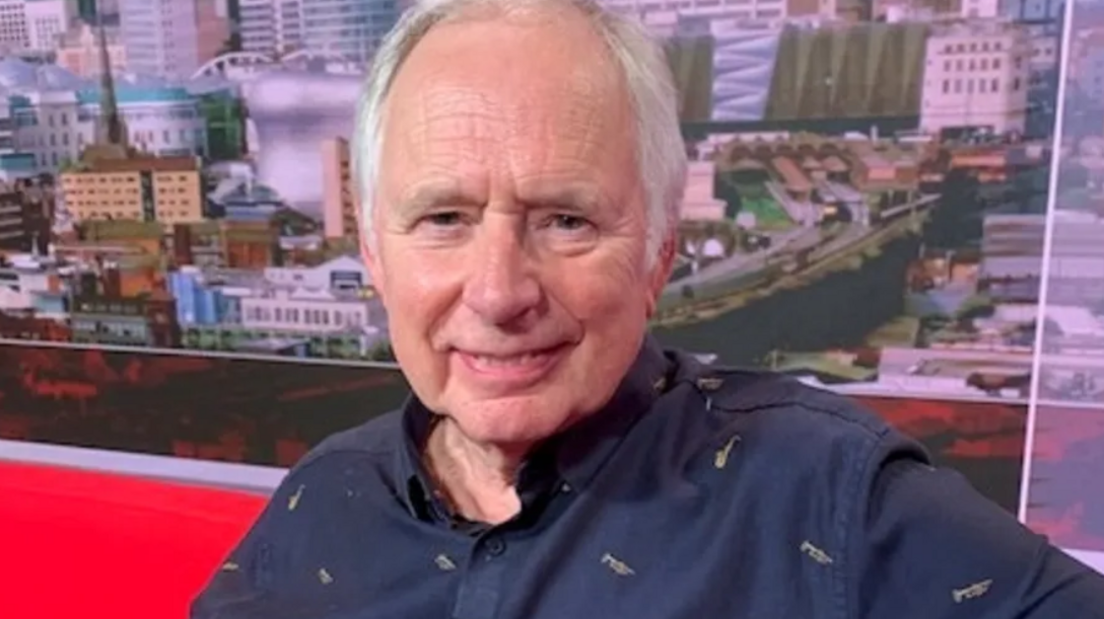Prostate cancer trial risks 'unnecessary treatment'
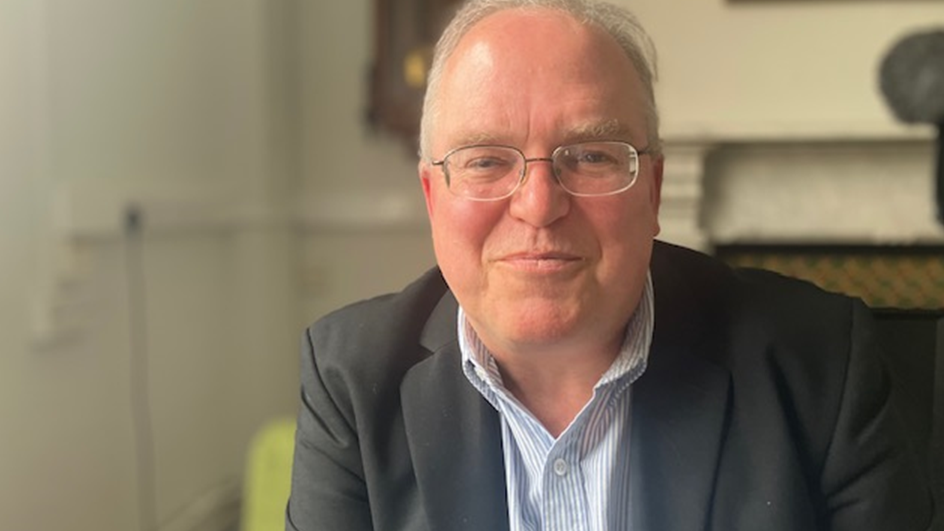
Dr Paul Cornes is calling for more information about the new trial
- Published
A new trial to cut prostate cancer deaths may harm patients as many will still go through aggressive treatment "unnecessarily", a leading oncologist has warned.
The £42m trial, led by Cancer Research UK, will enrol 300,000 men to compare data, with the aim of finding the best way to screen for prostate cancer.
But Dr Paul Cornes, from the European Society for Medical Oncology and based in Bristol, said many people will go through potentially life-changing treatment "that may not actually improve their lives".
He told the BBC he would “think twice” before joining the research.
Dr Cornes said he would need to see more information before he could decide whether or not to get involved in the programme, which will involve including MRI scans and risk scores based on genetics.
Prostate Cancer UK's director of research Dr Matthew Hobbs said the trial was designed flexibly and promised to share more detail in early 2025.
Dr Hobbs said: "This is what men need to really reduce their chance of dying from the disease."
What is the study?
Prostate cancer kills 12,000 men in the UK each year, making it the most common cancer in the UK without a reliable screening programme, and Prostate Cancer UK is starting a study to try and find one.
Six of the world’s top prostate cancer researchers will lead the team taking on the programme, called Transform.
It is the biggest prostate cancer screening trial for 20 years, and aims to see its first results in as little as three years.
On average more than 52,000 men are diagnosed every year - the equivalent of 143 men every day.
The study is backed by the NHS, the National Institute for Health and Care Research and the UK Government, who have committed to contribute £16m.
'Sobering thought'
However Dr Paul Cornes is concerned about the danger of "false positive results", something he thinks might outweigh the benefits of diagnosing more patients overall.
He has also called for more transparency around the scheme.
He said: "The last trial from the NHS suggested you had to treat 80 people aggressively with a lot of side effects to benefit one in terms in term of reduced death.
"If we could improve that to perhaps four times over, we are having to treat 80 people to save maybe one, two, three, four people.
"So still many more people will have aggressive treatment than even the most optimistic research lead for the cancer charity tells us they might gain.
"That’s a sobering thought and should make people think carefully.
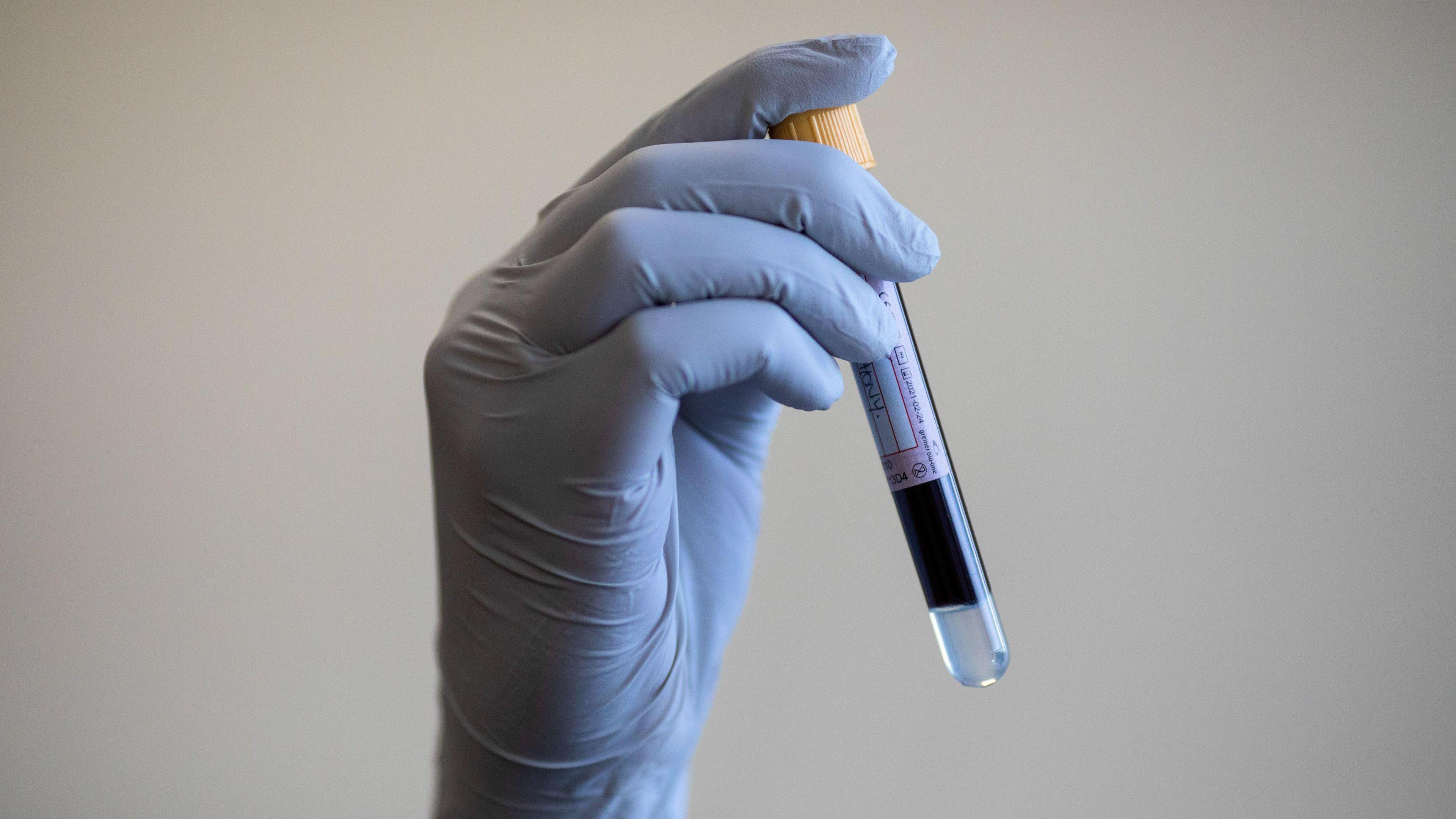
Different methods of screening men for prostate cancer will be trialled under the scheme
"We need to see the exact designs of this trial before people can make an individual decision about joining the trial.
He added: "Although screening for prostate cancer in men without symptoms has not yet been advocated by the NHS, there are many things we can do to help ourselves, such as exercise.
"It's crucial for all patients to be able to recognise the 'red flag' signs, external that could point to cancer which should send you to consult your GP without delay."
'Find what's missing'
Responding to Dr Cornes, Dr Hobbs said: "The trial is designed to test multiple things at once - to test and get evidence of what we do now that we're currently missing.
"And [it's] also to go beyond that and test future pathways that look like they could be promising, and look like they will be able to find more cancers than we currently get."
He added: "We know that introducing MRI has reduced the number of men sent for biopsy unnecessarily.
"We also suspect it's improved biopsy accuracy, so we are probably picking on more aggressive cancers than we used to.
"We accept decisions on screening should be made by the national screening committee. We want this trial to give the evidence they need."
What is prostate cancer?
Part of the male reproductive system, the prostate gland, about the size of a walnut, is in the pelvis, below the bladder
It surrounds the urethra - the tube that takes urine out of the body through the penis
Prostate cancer usually develops slowly, there may be no signs or symptoms for years and some never develop any problems from it
But in others, the cancer can be aggressive and deadly
Symptoms can include urinating more frequently, weak flow when urinating and having to wait for urine to flow
More than one in three men over 50 will have some symptoms of prostate enlargement
Follow BBC Bristol on Facebook, external, X, external and Instagram, external. Send your story ideas to us on email or via WhatsApp on 0800 313 4630.
Related topics
- Published27 June 2024
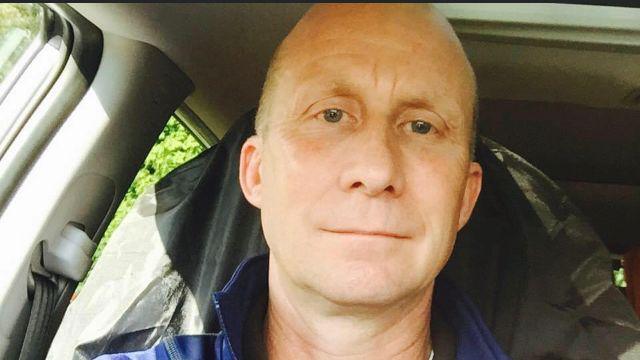
- Published10 June 2024
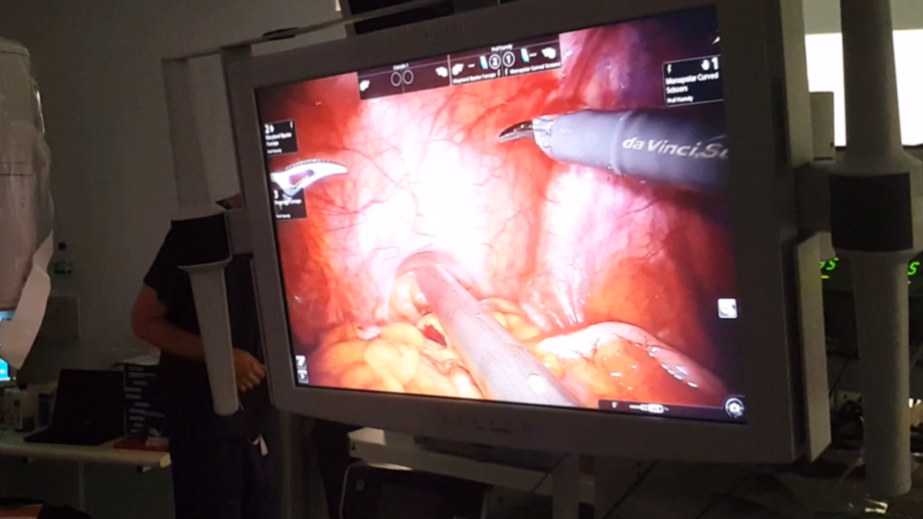
- Published13 March 2024
